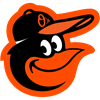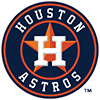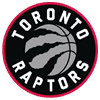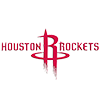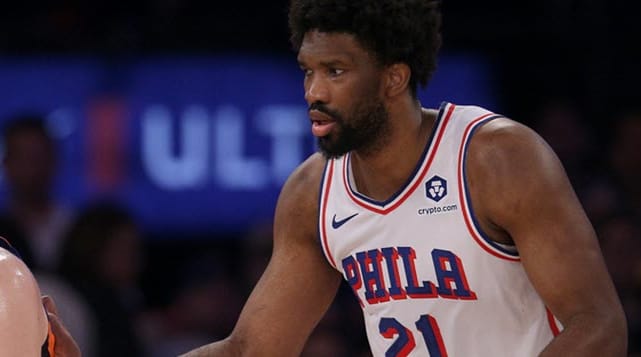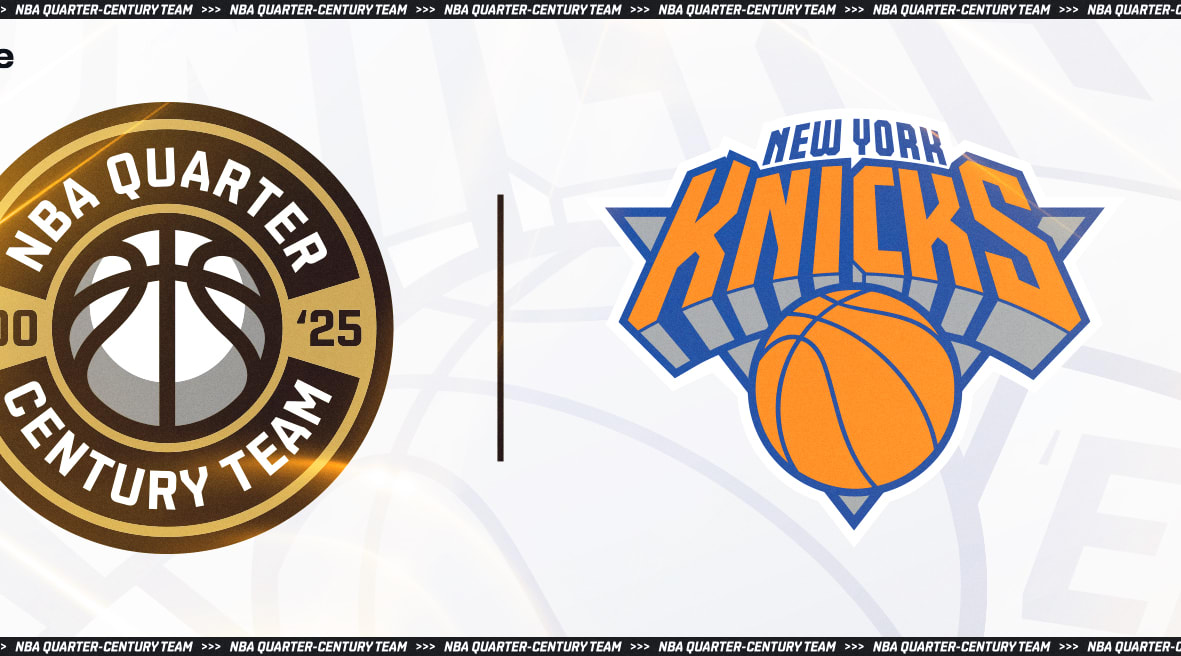Can we anticipate steals?
Last month, I found a mathematically viable way to boost rebounding totals. It got me thinking – and by me, I mean the fantastic behind-the-scenes guys who turn my word docs into webpages and are the guys who actually came up with this idea – can we do the same thing with other categories? The week, we start that journey by focusing on steals.
Where do we start?
Rebounding had an easy start point. There are a bunch of readily available rebound-related stats that almost demanded our attention. Even blocks, which I'll probably check out next week, has some relatively obvious places to start (before someone can block a shot, the shot has to be attempted). But steals? Steals can happen anywhere, any time.
Additionally, we need results that are helpful for fantasy. Fantasy is about individuals, not teams. So I can't just look at the opponent steals category and tell you "the team facing the Nets is more likely to get a few extra steals than the team facing the Mavericks." For this to be helpful, those extra steals need to be grabbed by players who have a track record for thievery.
And, of course, we need something better than opponent steals (I'm going to use OppStl), otherwise we're just wasting our time. When focusing only on the best rebounders, rebound percentage did a better job of predicting success than opponent rebounds.
What we are looking for, therefore, is a stat that: A) has
Can we anticipate steals?
Last month, I found a mathematically viable way to boost rebounding totals. It got me thinking – and by me, I mean the fantastic behind-the-scenes guys who turn my word docs into webpages and are the guys who actually came up with this idea – can we do the same thing with other categories? The week, we start that journey by focusing on steals.
Where do we start?
Rebounding had an easy start point. There are a bunch of readily available rebound-related stats that almost demanded our attention. Even blocks, which I'll probably check out next week, has some relatively obvious places to start (before someone can block a shot, the shot has to be attempted). But steals? Steals can happen anywhere, any time.
Additionally, we need results that are helpful for fantasy. Fantasy is about individuals, not teams. So I can't just look at the opponent steals category and tell you "the team facing the Nets is more likely to get a few extra steals than the team facing the Mavericks." For this to be helpful, those extra steals need to be grabbed by players who have a track record for thievery.
And, of course, we need something better than opponent steals (I'm going to use OppStl), otherwise we're just wasting our time. When focusing only on the best rebounders, rebound percentage did a better job of predicting success than opponent rebounds.
What we are looking for, therefore, is a stat that: A) has a meaningful relationship to OppStl, but also B) specifically benefits players with a proven ability to stealing the ball.
Looking for clues
The first thing to do, therefore, is to find some metrics that are correlated to OppStl, even if loosely - it's unlikely that any stat would boost steals among convicted thieves without boosting the team's total surrendered steals, even if the relationship is small.
So I went hunting.
I try to keep the nitty-gritty math out of this column, but I need to provide some quick context. The strength of a relationship is usually measured using a "correlation coefficient" – a number between negative one and one. The closer the number is to -0.99 or 0.99, the stronger the relationship. Numbers close to zero are basically random. A decent non-math example: I'm thinking of a zebra, and asking people to guess which animal I'm thinking of. A correlation coefficient of 0.99 is as helpful as telling the guesser "it begins with the letter 'Z.'" A correlation coefficient of 0 is as helpful as telling the guesser "my dad collects stamps."
Last bit of context here: the correlation coefficient between rebound percentage and opponent rebounds was -0.75, and that led us to useful fantasy information. I figure I'm looking for something with at least a 0.6 or -0.6 relationship to OppStl.
OK. So. A lot of steals come off intercepted passes – maybe the teams that pass the ball more are more prone to steals? Not even close. Correlation coefficient for passes attempted and OppStl: 0.16. Not wanting to give up the thread, I also checked passes received (still 0.16) and passes missed (0.15). If passes are so useless, what's the opposite of a pass? A drive. Worse. 0.10. Passes made out of drives? Less than 0.01. As a total math nerd, a game I used to play was trying to find stats that were completely unrelated – getting less than 0.01 is a sign of things so unrelated that I would have had to move on and find a new game (maybe a game played with humans instead of with spreadsheets?).
Maybe teams that take a lot of pull-up shots are ending possessions before getting the chance to have the ball stolen? Nope. And so it went. It's actually surprising how many things are not related to OppStl. By the time I'd checked 13 categories, I was losing hope, but I'd already written the intro and was beginning to feel attached to this idea.
Then I stumbled, backwards, into the answer.
Haste makes waste
After combing through idea-after-hairbrained-idea, I checked teams' offensive speed. NBA tracking data is pretty detailed. Finally, got a coefficient of 0.43, meaning there is at least some connection between how fast an offense moves and how many times it has the ball stolen. The number of seconds per each touch, the number of dribbles per touch and the average time of each possession, each, progressively, showed a higher and higher relationship to OppStl. Each of those was connected enough to be worth further investigation. Finally, I checked what a smarter man may have looked at right away: pace. 0.76. Satisfied that I'd found some statistics worth investigating, it was time to go to part two.
All of the speed-based metrics show some relationship to OppStl. But are the right people getting those extra steals caused by the fast moving offenses?
Does this help our fantasy team?
As we did with rebounds before, we are focused only on the top thieves. Since steals can be more variable, I expanded our investigation to the top 50 in steals per game.
For the players on the steals top-50, pace was not more predictive than OppStl. It is true that the players generally did worse against the slow teams than the fast ones. However, OppStl was a more predictive tool. But I didn't give up.
The Kings are the key team in this investigation. Despite playing at the fourth-slowest pace in the league, they rank 10th in OppStl. Furthermore, players on the steals leaderboard do better against the Kings than the Warriors, who are the second-fastest team in the league and rank fifth in OppStl. There had to be a single tool that would help.
There is.
Dibbles per touch
Fantasy's top thieves really struggle against the Raptors, much more so than against the Mavericks. But the teams share an almost identical OppStl, and the Raptors average four extra possessions per game. This example seems to imply that neither pace nor OppStl are very helpful. Enter "Average Dribbles Per Touch," where the Raptors lead the league, averaging almost 12 percent more per game than the Mavericks.
The Kings, though they average few possessions per game and have one of the slowest "offensive speed" ratings in the league, average the fifth-fewest dribbles per touch.
All of the teams favored by steals-getters average very few dribbles per touch. Conversely, the teams they struggle against, tend to dribble the ball more.
Putting it to use
Steals are a highly variable category, so I can't emphasize this enough: please do not start someone in DFS based solely on an opponent's high dribbles per touch rate.
That said, if you are already considering starting someone with a knack for the ball, then do consider using dribbles per touch as a tie-breaker. That is the only way I recommend using this information for daily games.
This can be very useful, on the other hand, for traditional fantasy. The easiest way to use it is if your league allows streaming – in that case, whenever you have the opportunity, grab someone with a history of stealing the ball when he faces teams with low dribbles per touch rates. The five fewest dribbles per touch teams are the Warriors, Knicks, 76ers, Nets and Kings, in that order.
If you can't stream, it still has use. Any time you are considering a waiver prospect in part because of his thievery, especially one you expect to be a short term option, check the upcoming schedule. One of those five teams could be a big boost. Similarly, if they play a few of the teams on the other side of the ranking, maybe reconsider. The high dribbles per touch teams are the Raptors, Heat, Wizards, Mavericks and Blazers.
Find the most recent dribbles per touch rankings here.








